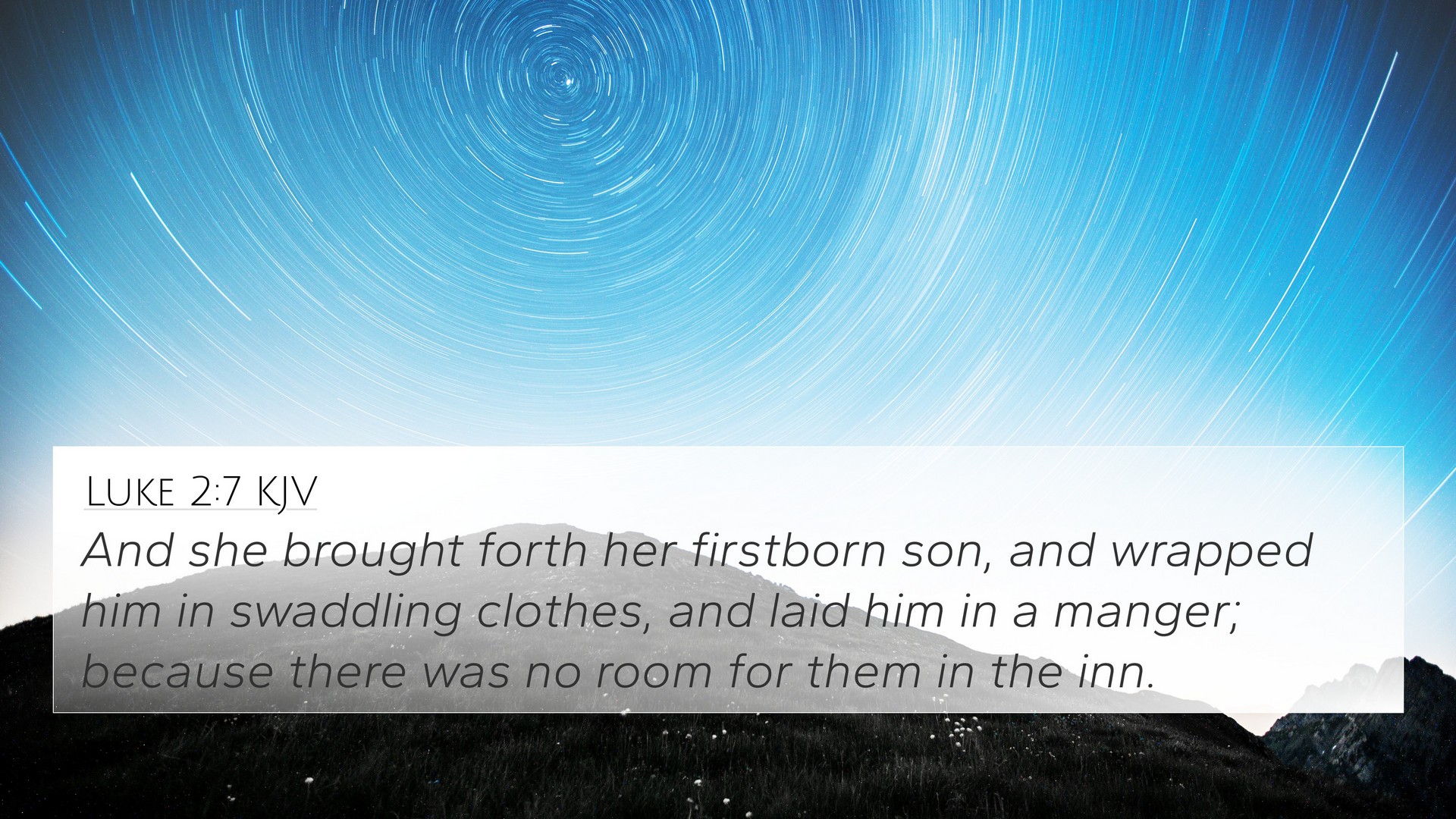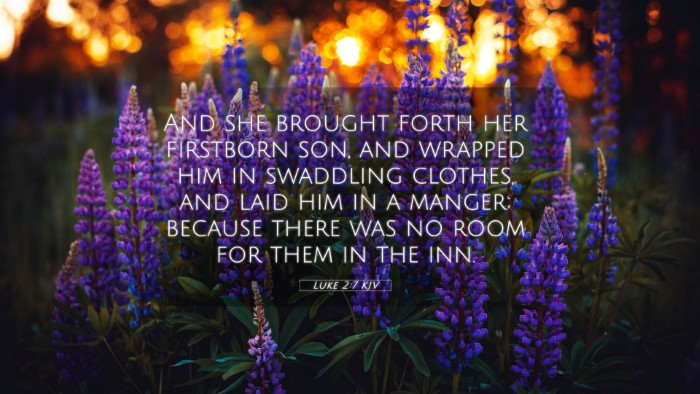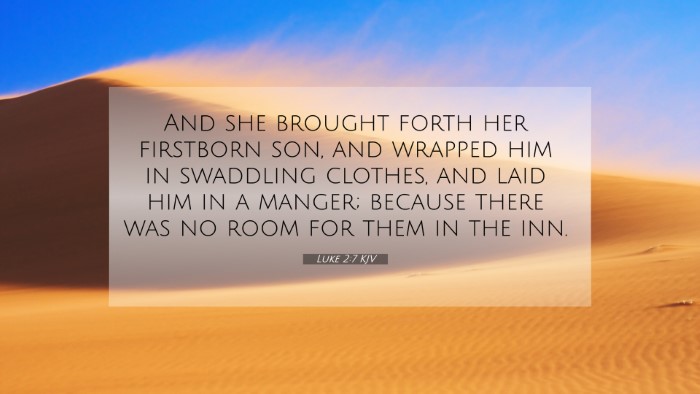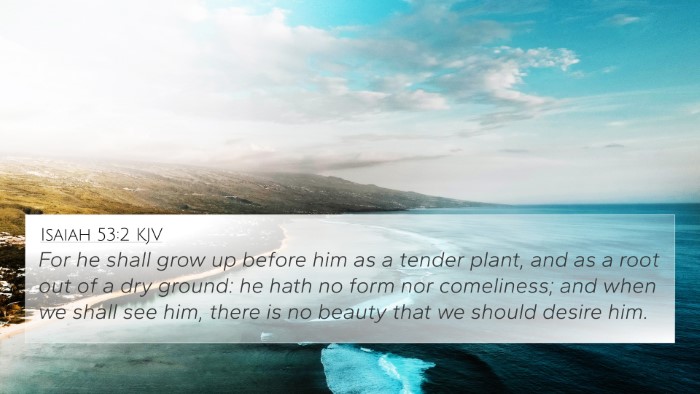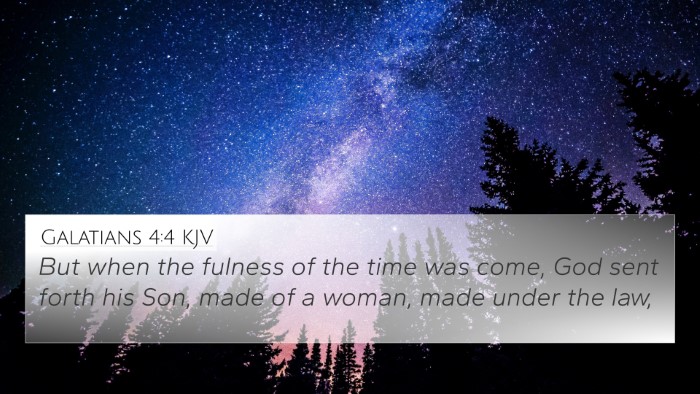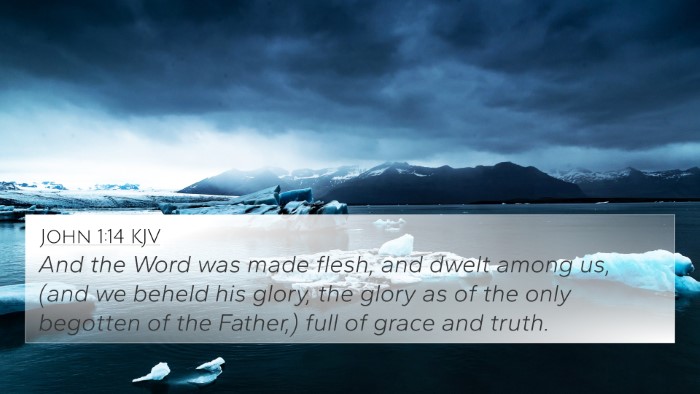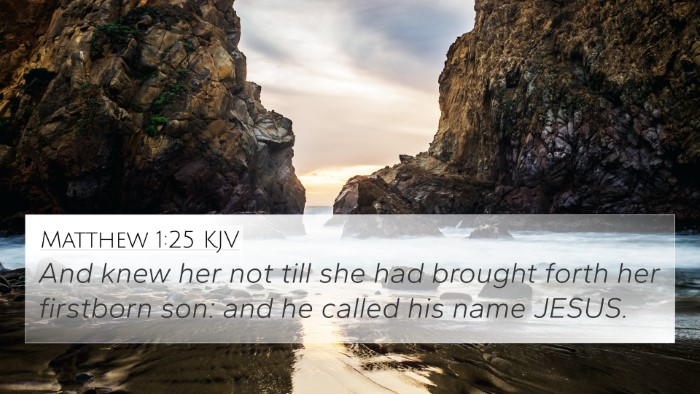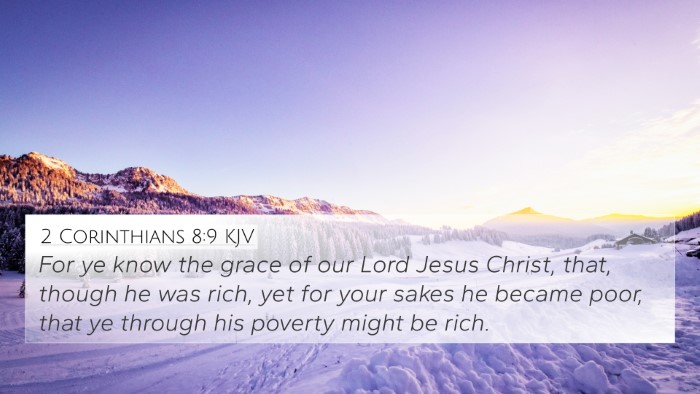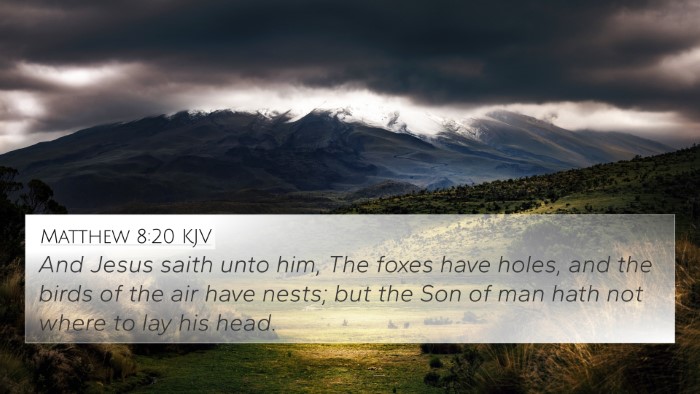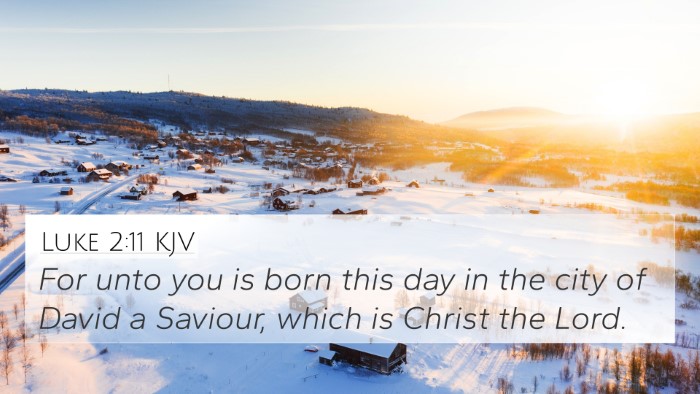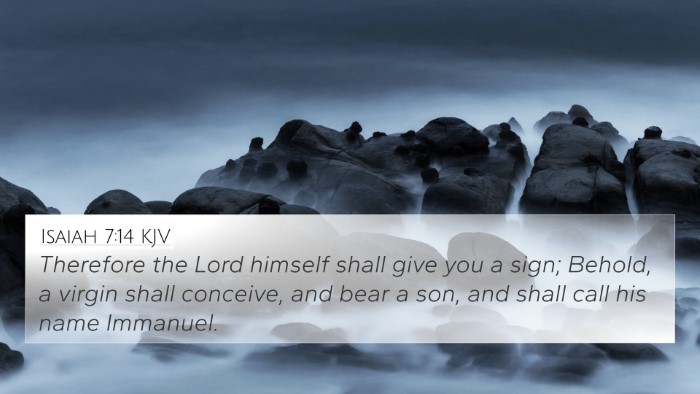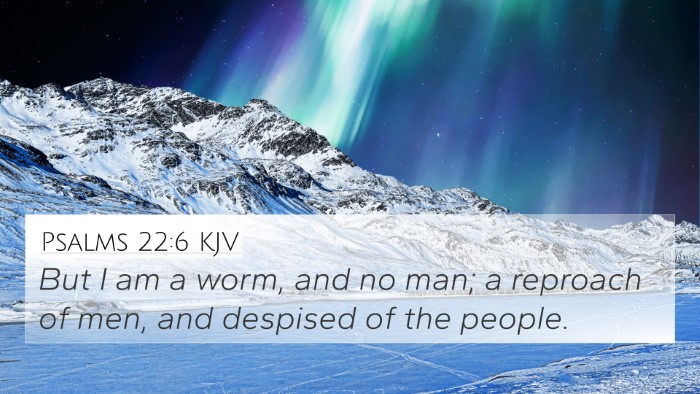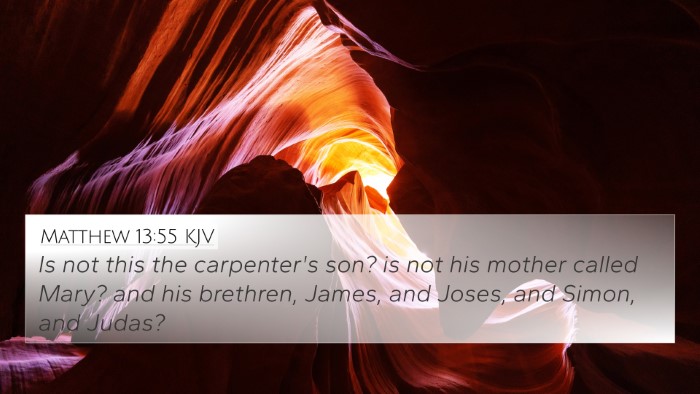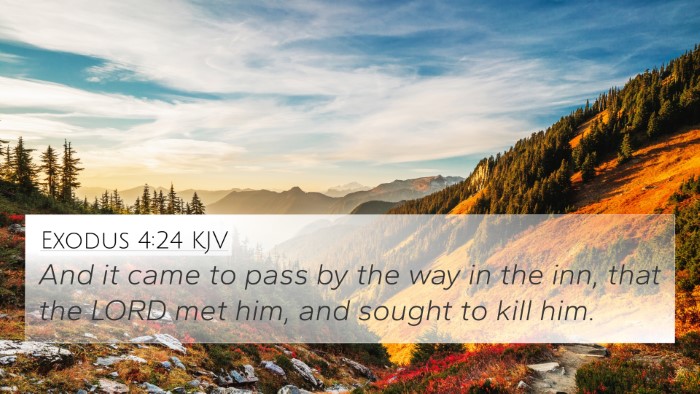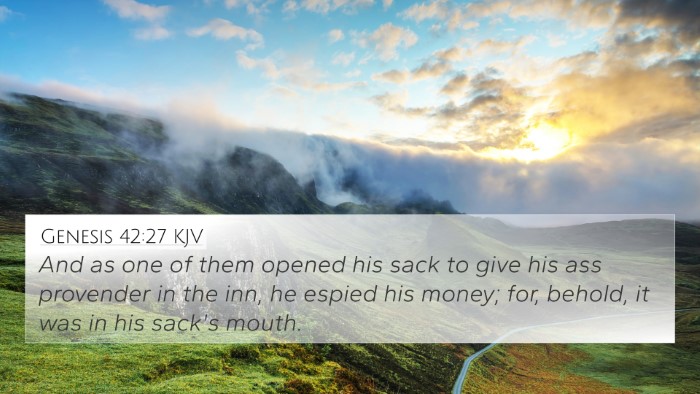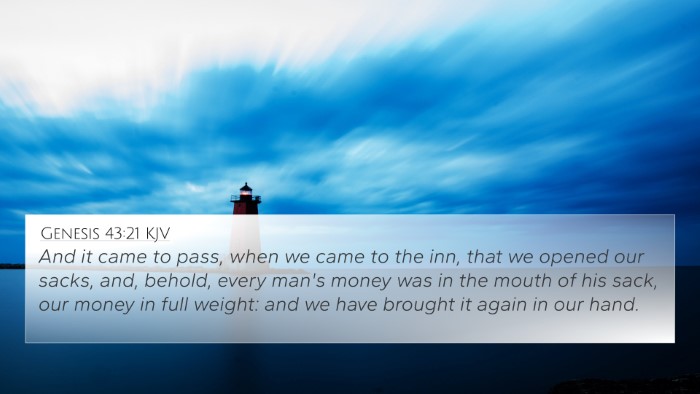Understanding Luke 2:7
Luke 2:7 states, "And she brought forth her firstborn son, and wrapped him in swaddling clothes, and laid him in a manger; because there was no room for them in the inn." This verse marks a pivotal moment in the Christian narrative, highlighting the humble entrance of Jesus Christ into the world.
Summary of Luke 2:7
This verse encapsulates the essence of Jesus' birth—humble beginnings in a manger, underscoring themes of poverty and the rejection He faced even at His arrival. Mary and Joseph’s struggle to find shelter reflects the broader narrative of the Messiah being born in insignificance yet meant for greatness.
Commentary Insights
When looking at the approach of Matthew Henry, Albert Barnes, and Adam Clarke, we can gain a deeper understanding of this verse's implications:
- Matthew Henry: He emphasizes the prophetic significance of the birth of Jesus in a lowly manger, portraying it as a fulfillment of Old Testament predictions about the Messiah. This lowly beginning signifies God's humility and provides comfort to those who are marginalized.
- Albert Barnes: Barnes notes the historical context of the Roman census that necessitated Mary and Joseph's travel, emphasizing how God's providence orchestrates events for the fulfillment of prophecy. The absence of an inn symbolizes the rejection of Christ by the world he came to save.
- Adam Clarke: Clarke interprets the "manger" as not just a feeding trough for animals but a profound symbol of Jesus' mission to reach the humble and lowly. He reflects on the implications of Jesus being wrapped in swaddling clothes, indicating care and tenderness amidst the circumstances of His birth.
Biblical Cross-References
Luke 2:7 has several connections with other scriptures that deepen its meaning:
- Isaiah 7:14: This prophecy foretells a virgin bearing a son named Immanuel, linking to the miraculous nature of Christ’s birth.
- Micah 5:2: This verse prophesies that the ruler of Israel will come from Bethlehem, the very birthplace of Jesus.
- Matthew 1:23: This passage reaffirms the fulfillment of the prophecy concerning the virgin birth of Jesus, emphasizing His divine nature.
- John 1:14: This verse discusses the Word becoming flesh and dwelling among us, highlighting the significance of Christ's incarnation.
- Philippians 2:6-8: Here, Paul reflects on Christ’s humility, specifically how He took on the nature of a servant and humbled Himself to the point of death.
- Psalm 22:6-8: This prophetic psalm speaks to the scorn and rejection Jesus would face, aligning with the narrative of His humble birth.
- Luke 9:58: Jesus mentions that "the Son of Man has nowhere to lay His head," reinforcing the themes of His life characterized by humility and lack of worldly status.
- Revelation 3:20: In this verse, Jesus speaks of standing at the door and knocking, metaphorically aligning with the hospitality He was denied at birth.
- Matthew 2:1-2: The visit of the Magi acknowledges Jesus’ kingship despite His humble beginnings, showcasing the connection between His lowly state at birth and His eventual recognition.
- Hebrews 13:2: This admonition to entertain strangers ties back to the humility and lack of hospitality shown towards Jesus' family, allowing for reflection on how we treat others.
Thematic Connections
Luke 2:7 serves as a thematic cornerstone connecting the following biblical themes:
- Humility and Service: The entry of Jesus in such humble circumstances underpins the theme of God's call to serve others.
- Prophetic Fulfillment: It illuminates how the Old Testament prophecies are realized in the New Testament, emphasizing the continuity of God’s plan.
- Rejection and Acceptance: The initial rejection of Jesus sets a paradigm for His life and ministry, foreshadowing future opposition, yet highlighting a call for acceptance and belief in Him.
- God's Presence in Lowly Places: The narrative encourages believers to recognize God's presence in the most unexpected and lowly situations in life.
- Joy in Humility: The birth of Jesus introduces the idea that true joy and salvation can emerge from the most humble beginnings.
Conclusion
Luke 2:7 is more than a simple account of Jesus' birth; it is laden with rich theological and prophetic significance. By examining the insights from notable biblical commentators and exploring the interconnectedness of this verse with other scriptures, we can glean profound truths that enrich our understanding of who Jesus is and the nature of His mission.
